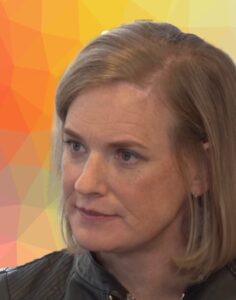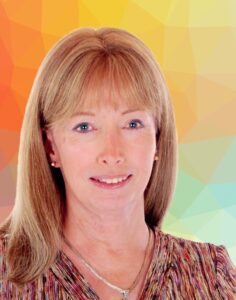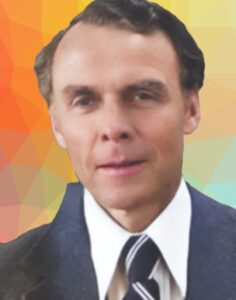Occupation
American theoretical neuroscientist and artificial intelligence expert
Birth/Death Dates
Born Evan Campbell Smith
October 19, 1971 –
Summary
Vivienne Ming is an American theoretical neuroscientist and artificial intelligence expert. She is also a trans woman. In 2017, Ming was named one of the BBC’s Top 100 Women and one of the Financial Times’ “LGBT leaders and allies today.”
Educational Background
- University of California at San Diego (BS)
- Carnegie Mellon University (MS, Ph.D.)
Struggles this Innovator Overcame
Ming struggled academically early in life, eventually leading her to leave college. After grappling with depression, suicide, and homelessness, she returned to the University of California at San Diego ten years later to earn her Bachelor of Science degree with honors in cognitive neuroscience. Later, she earned her Master of Science degree and her Ph.D. in Psychology at Carnegie Mellon University,
Problems this Innovator Solved
Ming demonstrated that the metrics used in hiring have little influence on workplace success and led research showing that psychological constructs affect long-term life outcomes. She also developed a predictive model of diabetes to better manage her diabetic son’s glucose levels and systems to predict manic episodes in bipolar suffers.
How this innovator changed the world (or at least their corner of it)
Ming co-founded the think tank Socos, which consults on artificial intelligence, neuroscience, and education reform. She has also been involved in various organizations that challenge poor education and health policies.
Lasting changes from this innovator’s work or how they trailblazed
Ming published research on Artificial intelligence (AI) in education and created Muse, a machine learning-based tool for parents that recommends research-based activities to support young people’s creativity, motivation, and emotional intelligence. She also led research showing that psychological constructs such as metacognition, socio-emotional competence, creativity, and curiosity significantly affect long-term outcomes such as health, productivity, education attainment, and life satisfaction.
https://www.aspenideas.org/articles/i-built-a-superpower-to-treat-my-sons-diabetes
https://en.wikipedia.org/wiki/Vivienne_Ming
Written by Donna Abosch






